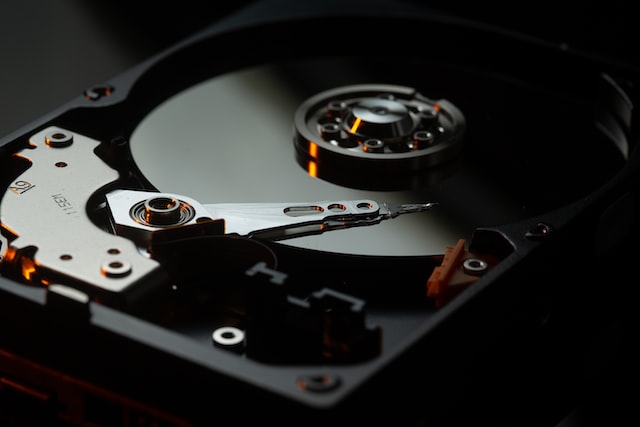In an age where data breaches make headlines daily, hard disk disposal has become a critical yet often overlooked aspect of digital security. What fascinates me most about this phenomenon is how we’ve created a world where our most sensitive information resides in devices we casually toss aside, much like how our ancestors might have discarded worn-out tools, never imagining they could reveal their deepest secrets.
The Surprising Truth About ‘Deleted’ Data
Here’s what most people don’t understand: when you delete a file, it doesn’t actually disappear. According to recent cybersecurity statistics, 78% of used hard drives sold on the secondary market still contain retrievable data. The implications of this are staggering – imagine leaving your diary on a park bench, but instead of one person finding it, thousands could potentially access it.
Why Traditional Deletion Methods Fail
The conventional methods of data deletion are surprisingly ineffective:
- Simple deletion (removes only the file reference)
- Formatting (creates a new file system but leaves data intact)
- Quick formatting (merely resets the file allocation table)
- Recycle bin emptying (only removes the file directory entry)
The Real-World Consequences
The numbers tell a compelling story. In 2023, improper hard drive disposal led to:
- Over 43% of corporate data breaches
- $4.35 million average cost per data breach
- 287 days average time to identify and contain a breach
The Psychology of Digital Hoarding
What’s particularly interesting is our collective reluctance to properly dispose of old hard drives. We’ve developed what psychologists call ‘digital hoarding syndrome’ – the compulsive need to keep old devices “just in case.” This behaviour creates a perfect storm of security vulnerabilities.
Professional Disposal Methods
Modern data destruction requires sophisticated approaches:
- Physical Destruction
- Industrial shredding
- Degaussing (magnetic field destruction)
- Drilling/puncturing critical components
- Digital Sanitization
- Multiple-pass overwriting
- Secure erasure algorithms
- Cryptographic erasure
Environmental Impact Meets Security
The environmental statistics are equally sobering:
- 50 million tonnes of e-waste generated annually
- Only 20% properly recycled
- 320 tonnes of gold and 7,500 tonnes of silver wasted annually
The Corporate Responsibility Factor
For businesses, the stakes are even higher. Regulatory requirements like GDPR and PDPA mandate proper data destruction, with penalties reaching:
- Up to €20 million or 4% of global turnover
- Mandatory breach notification
- Potential criminal prosecution
Best Practices for Secure Disposal
The most effective approach combines multiple methods:
- Data Encryption Pre-Disposal
- Professional Wiping Software
- Physical Destruction
- Certified Disposal Services
- Documentation and Verification
The Hidden Costs of Improper Disposal
Consider these often-overlooked consequences:
- Legal liability exposure
- Reputational damage
- Customer trust erosion
- Regulatory non-compliance
- Intellectual property theft
Emerging Technologies in Data Destruction
The field continues to evolve with innovations like:
- Quantum degaussing
- Molecular dissolution
- AI-powered data detection
- Blockchain verification of destruction
The Human Factor
Perhaps most intriguing is how human behaviour influences data security. Studies show that:
- 65% of employees take corporate data when leaving jobs
- 87% of data breaches involve human error
- 92% of organisations lack proper disposal protocols
Creating a Disposal Protocol
A robust disposal strategy should include:
- Regular device audits
- Clear disposal procedures
- Employee training
- Verification methods
- Documentation requirements
The Future of Data Disposal
As we generate more data than ever before (estimated 463 exabytes daily by 2025), the importance of proper disposal grows exponentially. The emerging trends suggest:
- Automated disposal systems
- Self-destructing storage devices
- Cloud-based verification
- Enhanced regulatory frameworks
In our interconnected world, where data has become both currency and liability, the significance of proper disposal cannot be overstated. Whether you’re a multinational corporation or an individual user, understanding and implementing proper hard disk disposal isn’t just good practice – it’s essential survival in the digital age.





